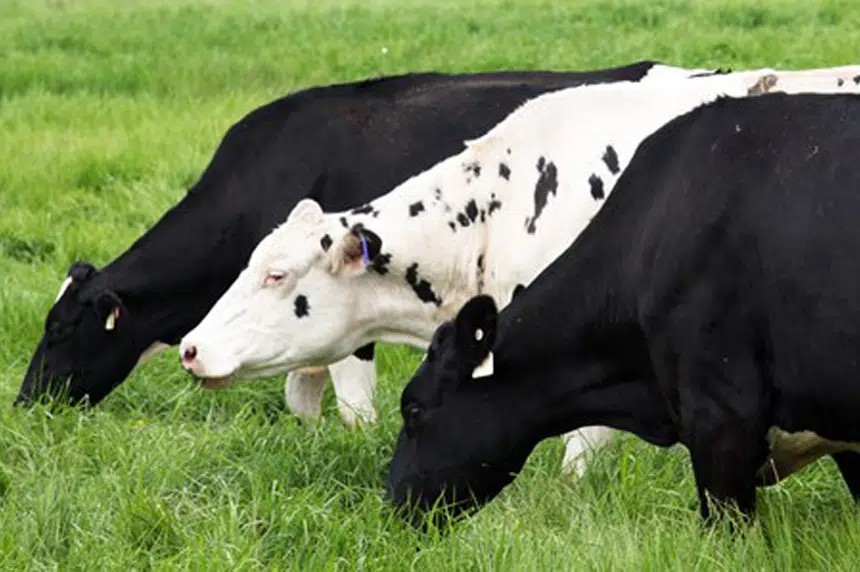There’s been some discussion lately that bricks of butter have gotten harder and more difficult to spread on your toast.
But according to SaskMilk that’s a baseless claim.
SaskMilk said a phone call last fall is the only complaint they’ve received about hard butter.
The group’s Chair Matt Flaman operates a dairy farm near Vibank. He doesn’t believe butter is harder to spread and would like to see more data presented before such theories are floated.
“I believe butter can change from time to time because seasonality can change and what forages those cows are eating. As farmers, we always get into a debate between butter and margarine. Obviously, spreadability is always an issue.”
A food expert says when he first heard people even discussing the topic, he was a bit surprised.
“I thought it was really a joke. Only to realize that a lot of people were experiencing the same thing,” said Sylvain Charlebois, a Dalhousie University professor and expert in Canada’s food industry.
“A lot of people are noticing that butter, even though you’re leaving it for days on the counter, it remains very hard.”
Charlebois began investigating the so-called phenomenon and found there was something to it.
According to Charlebois, butter’s harder consistency is due to increased levels of saturated fat which he believes can be attributed to dairy farmers feeding their cows palm oil, a diet supplement used to boost milk production.
Charlebois will admit he doesn’t have data to back up his theory but said it’s a logical explanation for what people are reporting.
“The one reason why we think this is probably the cause is any butter made from grass-fed cows and organic butter isn’t affected by this.”
Charlebois estimates 25 per cent of dairy producers in Canada are using palm oil in their operation.
Flaman said additives are a tool producers use and are not something consumers need to worry about.
“It is fair for everyone to ask questions. Palm oil has been used in the dairy industry for over 20 years. It is used all over the world,” Flaman said.
“Under the advice of nutritionists we may add some palm oil to increase our production a little bit, but like we would various of other products including forages that we grow on our own farm.”
He estimates they make up less than one per cent of what their cows will eat in a day.
Daniel Lefebvre, the Chief Operating Officer from Lactanet, the Canadian dairy centre of excellence, stresses that the inclusion of palm fat supplements in the cow’s nutrition is not a health or safety concern.
He stated farmers are uncompromising when it comes to quality and follow some of the most stringent standards in the world.







